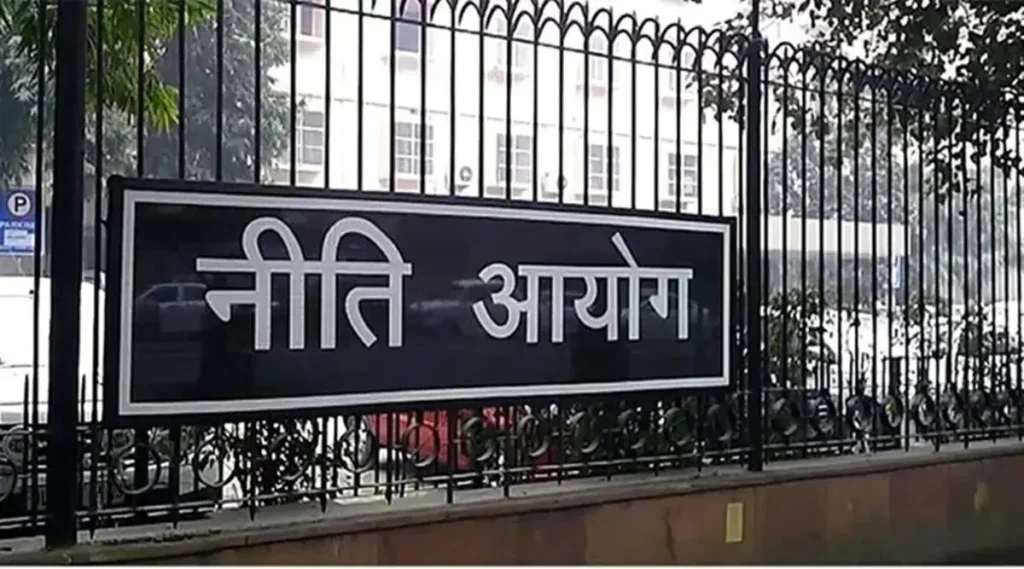Niti Aayog Plans Overhaul of AIIMS Delhi to Expand Reach and Ease Patient Load
The All India Institute of Medical Sciences (AIIMS), Delhi, could soon undergo a major transformation, as Niti Aayog is reportedly drafting a comprehensive revamp plan for the country’s premier medical institution. The proposal envisions expanding AIIMS’ clinical services beyond its central campus to various locations across the National Capital Region (NCR), according to a senior government official. The initiative aims to alleviate the overwhelming pressure on the existing infrastructure and allow doctors to dedicate more time to research. The proposal seeks to reserve the main AIIMS campus for critical care and trauma patients, which would also help reduce the long wait times for vital medical procedures. Currently, AIIMS Delhi handles an average of 7,200 patients daily at its Out-Patient Department (OPD) and 400-500 cases at the casualty ward. To address this high patient load, the VK Paul-led committee under Niti Aayog is examining internal systems and exploring ways to decentralise services without compromising the institute’s renowned quality of care. The committee is preparing a detailed blueprint that includes phased reforms—short-term, medium-term, and long-term—complete with implementation timelines. The report is expected to be submitted to the Ministry of Health in the latter half of 2025. One of the strategies under consideration is to utilise underused infrastructure in other government and possibly private hospitals to host AIIMS OPD services. This would allow for more efficient distribution of patient care and help manage the caseload more effectively. “All factors are being reviewed to ensure that service quality remains uncompromised,” said the official. “A final decision will be based on the recommendations of the expert panel.” A medical practitioner involved in the stakeholder consultations emphasized the need for both patient load reduction and administrative reforms to elevate the institution to global standards. However, they cautioned that success will depend on strict oversight. “The idea of decentralising OPDs will only work if there’s a robust monitoring mechanism to ensure the same level of care is provided as at AIIMS,” the practitioner noted, requesting anonymity. If implemented, the overhaul could significantly reshape the future of healthcare delivery in Delhi and set a precedent for other government-run medical institutions across the country. Source: ET Health
Niti Aayog Plans Overhaul of AIIMS Delhi to Expand Reach and Ease Patient Load Read More »



